Best Science Websites for Kids to Explore
With so many gadgets available today, kids enjoy instant access to information, which allows them to surf through a wealth of information. This is equally beneficial for parents and educators as finding engaging and educational resources online is right at their fingertips. From learning about how volcanoes work to finding out where did the dinosaurs go, there are plenty of science websites for kids that offer a sea of exciting information for children to fuel their curiosity. These online platforms provide interactive content, simple, complex concepts to children’s understanding level, and most of all, make learning both fun and engaging.
However, with a swarm of online website catering to science curiosity for kids, it can be overwhelming to choose the best option. Rest assured as we have done the homework for you. In this article, we have put together top science websites for kids that offer interactive experiments, animated videos, games, and quizzes, turning learning into an adventure!
Why Are Science Websites Important for Kids?
Science websites are great tools for sparking curiosity and making learning easy for kids. These platforms break down complex topics and inspire children to explore the world in a fun and engaging way. Below are some reasons to explain why they are so important:
1. Encourages Curiosity
Kids are naturally curious, and science websites feed this curiosity by offering answers to their endless “why” and “how” questions. Whether it’s learning about space or how plants grow, these platforms provide clear, engaging explanations that keep kids wanting to know more.
2. Makes Learning Fun
Textbooks can sometimes be dry or hard to follow, but interactive games, videos, and quizzes make learning on science websites enjoyable. When learning feels like play, kids are more likely to stay interested and absorb the information without even realizing it.
3. Builds Confidence in STEM Subjects
Many children find STEM (Science, Technology, Engineering, and Math) subjects intimidating, but science websites break them down into bite-sized, easy-to-understand lessons. This builds confidence in young learners, encouraging them to explore subjects they might otherwise shy away from.
4. Accessible Anytime, Anywhere
One of the best things about science websites is that they’re available 24/7. Kids can explore topics outside of school hours, at their own pace, and in a way that suits their individual learning styles.
Science Websites That Every Kid Will Love to Explore
The internet offers many interactive and educational resources that make science enjoyable for kids. These websites cover topics like outer space and animals through games, videos, and hands-on activities. Check out these top free science websites for kids to explore and learn while having fun.
1. National Geographic Kids
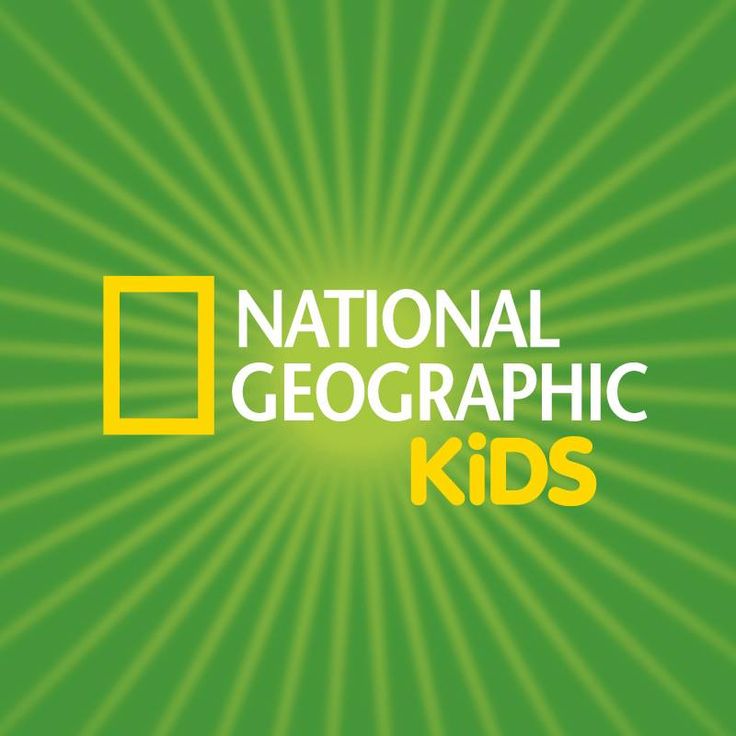
Source: Pinterest
Suitable Age:
6-12 years
Overview:
National Geographic Kids combines stunning photography, educational games, and engaging articles on animals, nature, and geography. The site also offers videos that cover a wide range of scientific topics.
Why It Is Great:
Kids will enjoy the colourful visuals and interesting facts, making it a go-to website for exploring nature and science in an interactive format.
2. NASA Kids’ Club
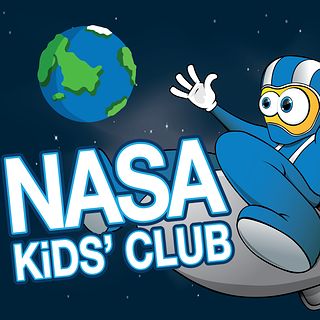
Source: Pinterest
Suitable Age:
5-12 years
Overview:
NASA Kids’ Club offers interactive games and activities that focus on space exploration. The site provides an inside look into NASA’s work and makes complex space concepts easy for kids to understand.
Why It Is Great:
It’s perfect for kids fascinated by space. The interactive games and puzzles keep them engaged while teaching them about the universe.
3. SciShow Kids
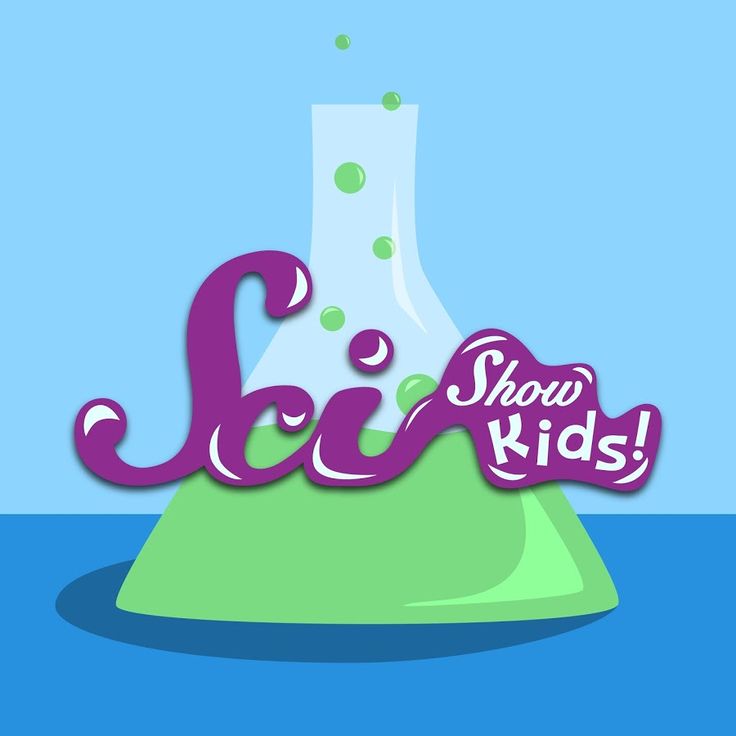
Source: Pinterest
Suitable Age:
5-10 years
Overview:
SciShow Kids delivers bite-sized, easy-to-understand videos on various science topics. The short, engaging clips explain everything from animal behaviour to simple experiments kids can try at home.
Why It Is Great:
The fun, animated videos make learning science exciting and accessible, especially for young visual learners.
4. Science Bob

Source: Pinterest
Suitable Age:
7-12 years
Overview:
Science Bob is packed with simple and fun science experiments that can be done at home with everyday materials. The site also offers science facts and project ideas.
Why It Is Great:
It’s a hands-on learning site that encourages kids to get involved and try real science experiments, helping them to understand concepts through practical activities.
5. Kids Discover
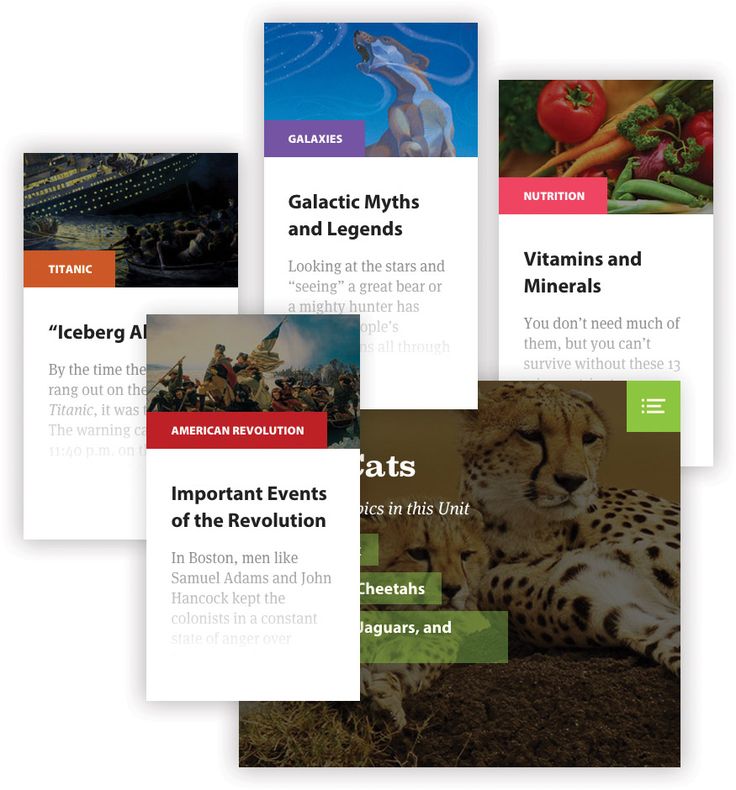
Source: Pinterest
Suitable Age:
6-14 years
Overview:
Kids Discover features beautifully illustrated content on a wide range of science topics like space, ecosystems, and physics. The site offers interactive reading and games to make learning more engaging.
Why It Is Great:
The combination of visuals, games, and quizzes makes complex science topics easy to understand and fun to explore.
6. BrainPOP
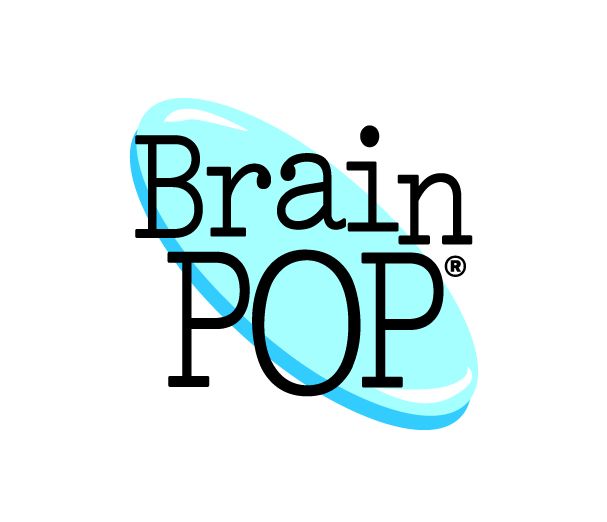
Source: Pinterest
Suitable Age:
8-14 years
Overview:
BrainPOP offers animated videos on topics like biology, chemistry, and environmental science. Each video is accompanied by quizzes and games to reinforce learning.
Why It Is Great:
The animation and humor in the videos keep kids entertained while they learn, making it easier to grasp difficult concepts.
7. Funology
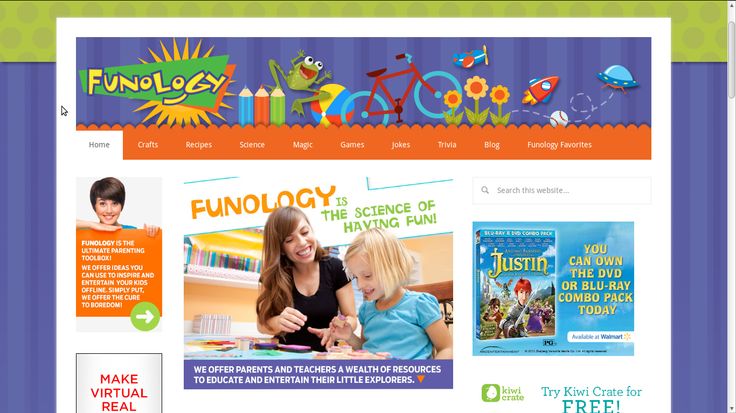
Source: Pinterest
Suitable Age:
6-12 years
Overview:
Funology is a treasure trove of science experiments, activities, and fun facts. The site focuses on creative ways to explore science at home, using simple, everyday materials.
Why It Is Great:
Funology emphasizes hands-on learning, making it perfect for kids who love building, experimenting, and getting creative with science.
8. HowStuffWorks

Source: Pinterest
Suitable Age:
10-15 years
Overview:
HowStuffWorks explains the science behind everyday objects and processes. From cars to computers, kids can learn how things work in a simple, understandable way.
Why It Is Great:
It’s an excellent resource for older kids who want to dive deeper into understanding the mechanics of the world around them.
9. The Kid Should See This
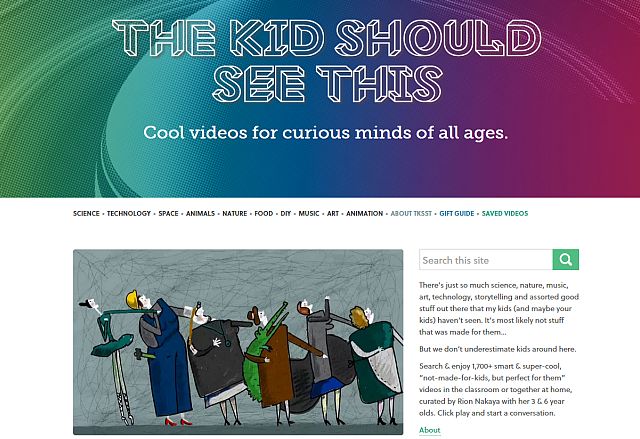
Source: Pinterest
Suitable Age:
5-12 years
Overview:
The Kid Should See This offers a curated collection of educational videos on science, nature, and art. The content covers a wide range of topics that make kids think and ask questions.
Why It Is Great:
The videos are thought-provoking and fun, encouraging kids to explore topics outside the usual science curriculum.
10. Bill Nye the Science Guy
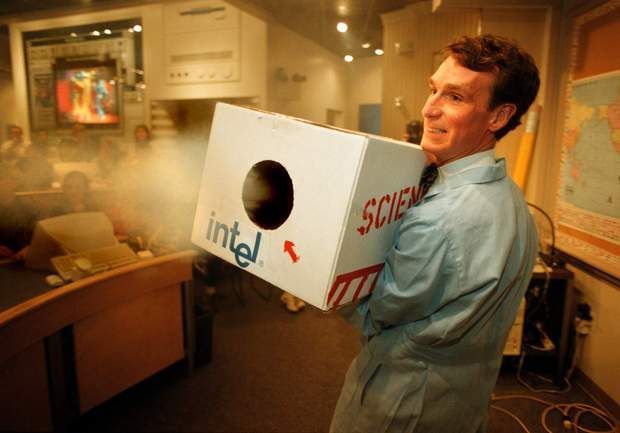
Source: Pinterest
Suitable Age:
7-14 years
Overview:
Bill Nye’s official website offers video clips from his popular TV show, alongside other science-related resources. It covers subjects like space, the human body, and physics.
Why It Is Great:
Bill Nye’s unique approach to teaching science through humor and fun experiments makes learning engaging for kids of all ages.
11. Exploratorium
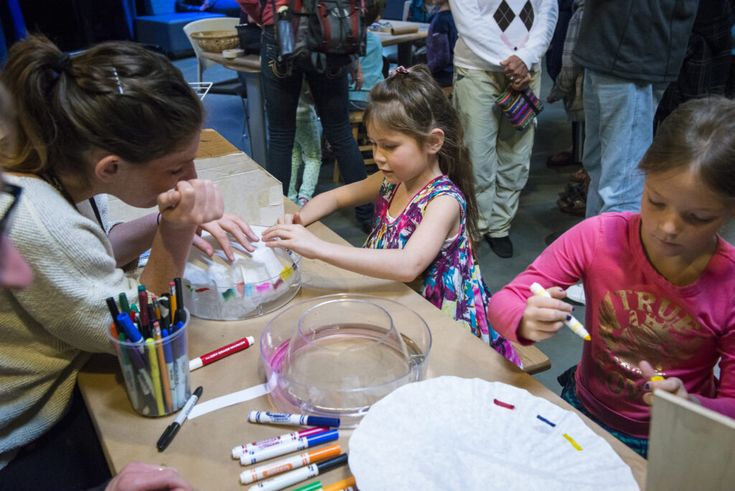
Kids learn basic chromatography at the Exploratorium’s Explorables drop-in workshop this Saturday,
February 21.
Photo: Gayle Laird © Exploratorium, All Right Reserved
Suitable Age:
6-16 years
Overview:
The Exploratorium is an online science museum where kids can explore interactive exhibits and watch educational videos. It covers a broad range of science topics, from biology to astronomy.
Why It Is Great:
The hands-on activities and virtual exhibits make this site ideal for kids who love to explore and experiment with new ideas.
12. Science News for Students
Suitable Age:
10-15 years
Overview:
Science News for Students offers up-to-date articles on the latest scientific discoveries. It breaks down complex research into simple language, making it easy for kids to understand current events in science.
Why It Is Great:
It helps kids stay informed about the latest in science, technology, and the environment, sparking curiosity about the world around them.
13. Mystery Science
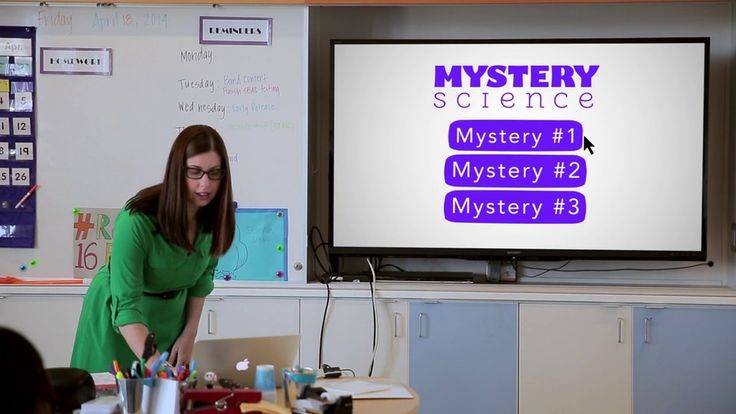
Source: Pinterest
Suitable Age:
5-12 years
Overview:
Mystery Science provides fun, open-ended questions and videos that lead kids through scientific discoveries. It’s designed for curious minds that want to explore the “whys” and “hows” of everyday life.
Why It Is Great:
The interactive lessons and engaging videos make learning science a joyful and investigative process.
14. DK Find Out!
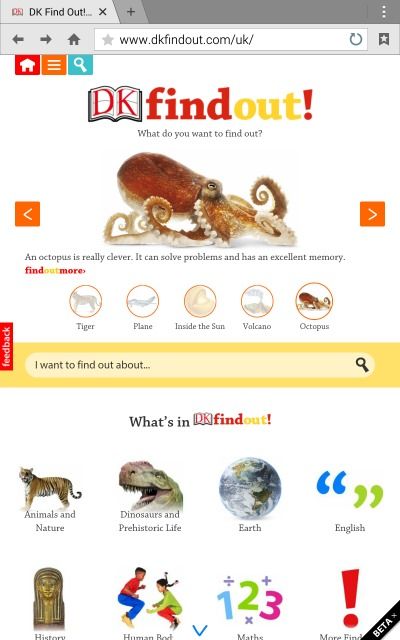
Source: Pinterest
Suitable Age:
6-12 years
Overview:
DK Find Out! is a fact-packed website that offers answers to all sorts of science-related questions. With interactive quizzes and visual tools, it provides easy-to-digest facts about the human body, space, animals, and more.
Why It Is Great:
It’s a great resource for kids who love visual learning and want quick facts and trivia about their favorite topics.
15. PBS Kids: Sid the Science Kid
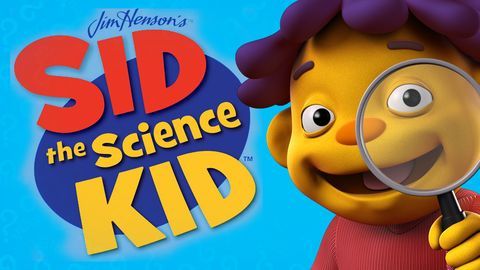
Source: Pinterest
Suitable Age:
3-7 years
Overview:
PBS Kids’ “Sid the Science Kid” is aimed at younger children. It includes videos, games, and activities that help preschoolers understand basic scientific concepts like the water cycle and plant growth.
Why It Is Great:
The colourful animations and simple language make it perfect for introducing young children to the wonders of science.
16. Curious World
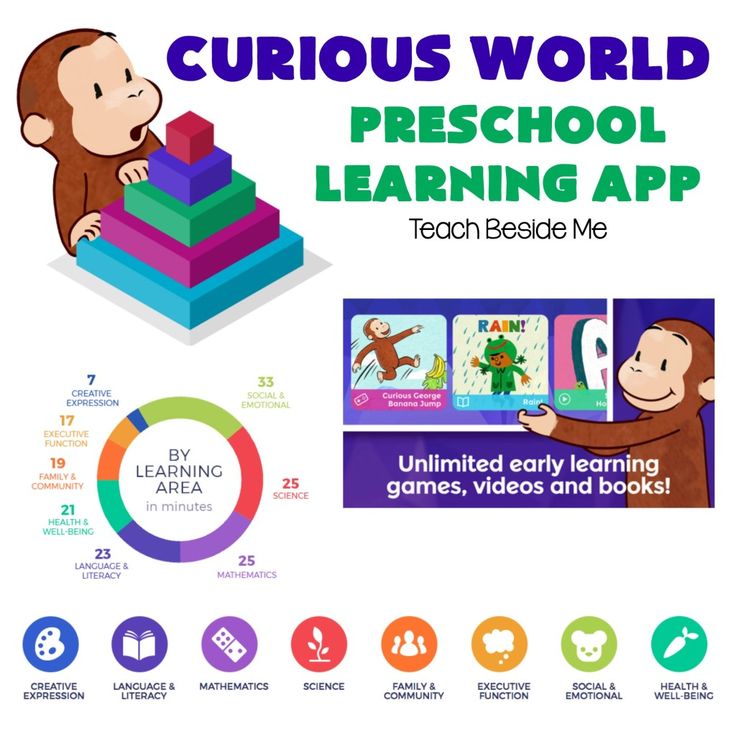
Source: Pinterest
Suitable Age:
4-8 years
Overview:
Curious World offers a collection of educational games, videos, and eBooks that focus on science, math, and other subjects. The content is tailored to early learners, keeping it fun and simple.
Why It Is Great:
It’s a great all-in-one platform for kids to learn about a variety of topics in a playful, age-appropriate way.
17. Science Buddies
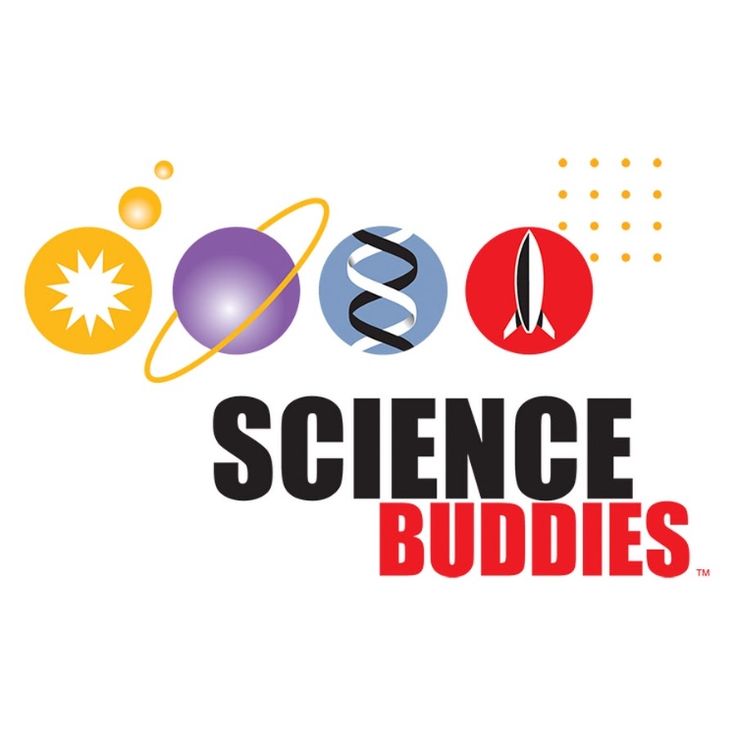
Source: Pinterest
Suitable Age:
8-15 years
Overview:
Science Buddies provides hundreds of science project ideas, helping kids learn by doing. The site is particularly useful for school science fairs, with step-by-step guides on various projects.
Why It Is Great:
This is a go-to site for hands-on learners who want to try out cool science experiments and projects.
18. StarChild
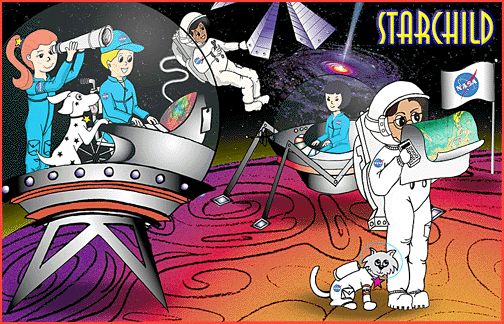
Source: Pinterest
Suitable Age:
6-12 years
Overview:
StarChild, created by NASA, introduces kids to astronomy with interactive lessons and games about planets, stars, and galaxies.
Why It Is Great:
It’s a fantastic resource for kids interested in space exploration, offering engaging visuals and kid-friendly explanations.
19. Eco Kids
Suitable Age:
7-13 years
Overview:
Eco Kids teaches children about the environment, sustainability, and wildlife through interactive games and activities.
Why It Is Great:
It helps kids understand the importance of protecting the planet while having fun with eco-friendly games and challenges.
20. Chem4Kids
Suitable Age:
9-15 years
Overview:
Chem4Kids breaks down the basics of chemistry in a way that’s easy for kids to understand, from atoms to chemical reactions.
Why It Is Great:
This site is perfect for kids who want to dive deeper into chemistry with simple explanations and easy-to-follow lessons.
Key Features to Look for in a Science Website
When choosing a science website for kids, it’s important to find one that not only educates but also keeps them engaged and excited about learning. The best science websites should make complex topics simple and interactive, while providing a safe and fun environment for young learners. Here are a few key features to look for:
1. Interactive Learning Tools
Websites that include videos, games, and interactive activities make science more engaging. These tools allow kids to explore topics at their own pace, making learning feel less like a chore and more like play.
2. Age-Appropriate Content
It’s crucial to ensure that the content on a science website matches your child’s age and understanding level. Websites designed for younger kids should use simple language and concepts, while those for older children may include more detailed explanations and advanced topics.
3. Safe and Ad-Free Environment
A kid-friendly science website should be free of ads and provide a safe space where children can explore without distractions. This helps keep their focus on learning while ensuring their online safety.
FAQs
1. Are interactive science websites for kids free to use?
Yes, many interactive science websites are free, offering educational games, videos, and experiments. However, some may have paid features like premium memberships for exclusive content. It’s good to try the free content first to see if it suits your child and then only move to paid ones.
2. What age group do science websites cater to?
Science websites usually target children from preschoolers to teenagers. Choose one with content suited to your child’s age—simple and visual for younger kids, more detailed for older ones. Look for safe, ad-free sites with clear privacy policies so that kids can explore without distractions or concerns.
3. Can science websites replace classroom learning?
Science websites are excellent for supplementing classroom learning, but they shouldn’t replace it. These sites provide interactive tools and additional resources that make learning fun and engaging, but structured lessons from school provide a deeper, more guided educational experience.
4. How do I know if a science website is safe for my child?
Look for websites that have clear privacy policies, no ads, and secure browsing options. Many educational platforms are designed specifically for kids and offer a safe, ad-free environment. This ensures that children can explore interactive science websites for kids without distractions or safety concerns.
Interactive science websites for kids are certainly a fun and interactive way for children to explore science. These platforms break down complex topics into easy-to-understand content matter and spark curiosity through games, videos, and experiments. From space and physics to biology and chemical compounds, there’s something for every interest. The best part? Most of the science websites are free and accessible from anywhere if you have a stable internet connection. By making use of these beneficiary resources, parents can ensure their children stay on the right path of learning. Just remember to check whether the site is age-appropriate. With the right tools and guidance, learning science can be a fun adventure for every child!
Also Read:
Best Educational Websites for Kids
Safe Search Engines for Kids
Best kids’ YouTube channel
Was This Article Helpful?
Parenting is a huge responsibility, for you as a caregiver, but also for us as a parenting content platform. We understand that and take our responsibility of creating credible content seriously. FirstCry Parenting articles are written and published only after extensive research using factually sound references to deliver quality content that is accurate, validated by experts, and completely reliable. To understand how we go about creating content that is credible, read our editorial policy here.






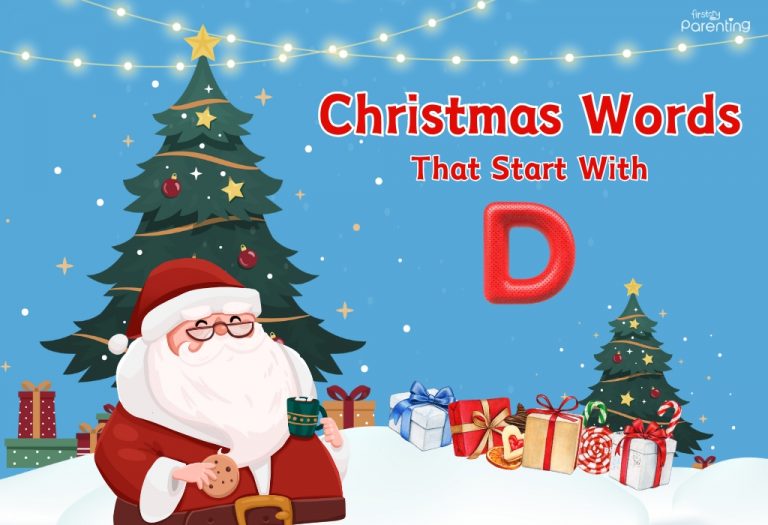




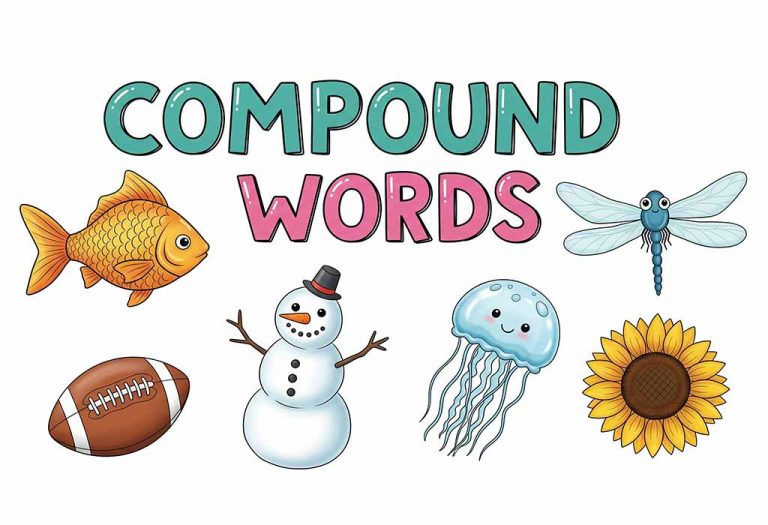

.svg)
















